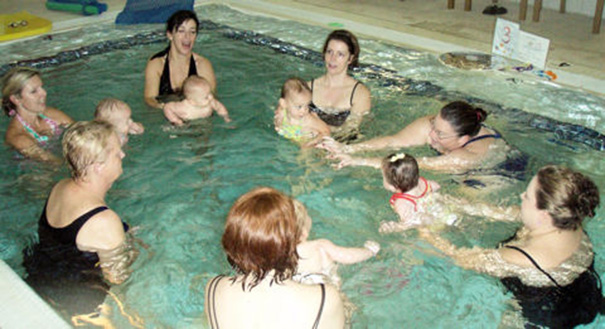
Being able to swim has distinct advantages for kids, but learning to swim correctly has several additional advantages.
Besides gaining a critical lifelong skill and a great way to exercise, learning to swim correctly gives kids skills that they may not gain otherwise.
Proper Swim Strokes
Paddling around the backyard pool is one thing, but learning proper swim strokes is another. Skills that allow kids to paddle around can save their lives if they experience a water crises. But kids will get tired, won’t swim very effectively and will have less fun than if they learned proper swim strokes.
If kids don’t know proper swim strokes, they probably:
- Take a long time or can’t make it the length of the pool.
- Can’t participate in lots of kid’s water games.
- Aren’t developing good discipline and muscular skills.
- Aren’t being challenged to improve skills.
Proper swim strokes make swimming much for fun for kids and make sure that they are always progressing.
Breath Control
Learning proper breath control is often overlooked as a benefit of learning to swim correctly. This works somewhat in tandem with learning proper strokes because executing strokes correctly requires breaths to be taken at certain times. It’s not just about holding your breath – which many kids know how to do – but about controlling when and how breaths are taken.
Breath control can help when kids need to swim farther than first intended or when they go underwater unexpectedly.
Learning breath control includes:
- Building up the length of time kids can hold their breath.
- Coming up for air in the proper way.
- Keeping their cool when they are running out of air.
Learning breath control helps kids to feel more confident and comfortable in the water and better learn new and fun water activities and skills.
Water Safety
Water safety is a part of learning to swim correctly. And when kids learn water safety in this manner, it sticks!
Kids may consider their parents to be spoilsports when they caution them about safety around water.
However, understanding water safety as part of their learn-to-swim experience gives kids a different perspective on its importance. They may even become water safety experts! Kids also learn that being safe in the water encourages fun.
Learning to swim correctly is critical to making swimming an activity that you do for life. Well into old age, people can enjoy swimming, so gaining these skills ensures that exercise can always be a part of a kid’s life.


Conversations